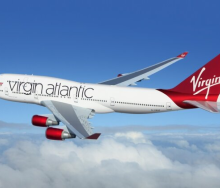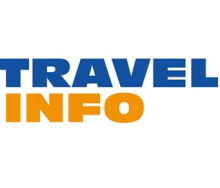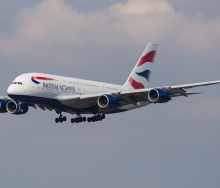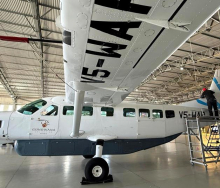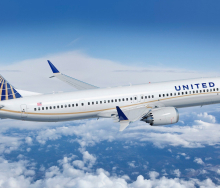The industry is fighting for survival after another wave of travel bans following the announcement of the Omicron COVID-19 variant.
Travel News spoke to accountant Alois Sajanga, Associate Chartered Management Accountant (ACMA) at Bestcount Accountants, for some solid accounting advice to help travel agents weather the storm.
One of the most important principles, said Sajanga, was to manage business expenses as you would manage personal finances.
“It’s been challenging times. All the basic things you possibly do on a personal level in terms of finances, you would need to apply on a business level.”
Surviving on minimal revenue
Sajanga listed a few ways for a tourism/travel business to survive months with minimal to no revenue coming in. “Continue to be frugal and cut all non-essential expenses. You should try to be proactive and ask for a reprieve from service providers and landlords, too.” He suggested negotiating flexible working with employees, e.g. 60% work for 60% pay.
Maintaining vs cutting back
Sajanga distinguished between areas to maintain and areas to cut back. “Some are already working from home, but if you are not, consider scaling down on office space and find alternatives. Marketing is another area to minimise costs, but do keep a minimal presence so that clients do not forget you exist.”
He said HR and accounting remained essential but outsourcing was the way to go. “It is being forced upon small businesses, because downsizing human capital has become a survival strategy. A competent accounting service provider should be able to offer holistic accounting and business support services that include doing all your accounting, including compiling your Annual Financial Statements, payroll, Iata BSP reconciliations, VAT and income tax etc.”
Areas to watch
What are some important areas for a travel business to watch regularly during tough period?
Sajanga said margins were key. “Do not chip away at margins to gain business – it may end up a zero sum game in the end.”
He also emphasised the importance of monitoring staff productivity and keeping clients informed throughout the process. “You will need their business again once borders reopen,” he added.
When businesses ran into trouble, Sajanga said there were key people they needed to turn to. “Other than your bank, your accountants are one of the level-headed partners who can assist you in assessing your moves in an objective manner. Staff may also need to have stress, financial, and/or legal counselling.”
Looking forward
Even when the bans begin to lift and travel starts to recover again, Sajanga suggests maintaining good practices to ensure the future of a business, especially in uncertain times.
“Avoid giving out unaffordable freebies early, as you will still need to recover fully. Save for a rainy day so that you build up a healthy reserve base.
“Whatever you buy, make it a habit to get at least three quotes to compare and ensure you are getting the best value for money.”
Finally, he recommended that businesses be innovative and use simple, smart technology and cloud options that save on hardware and maintenance costs.



